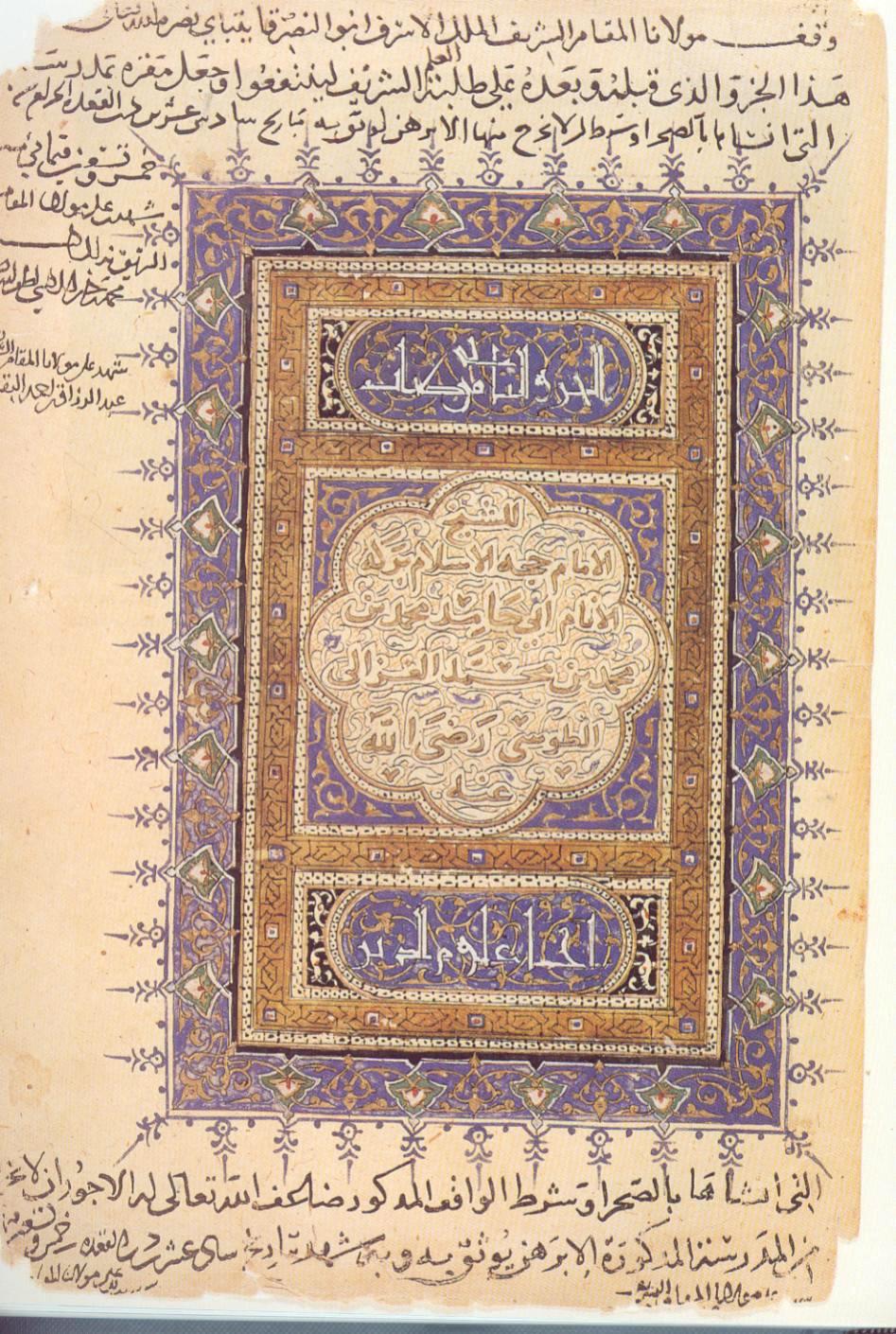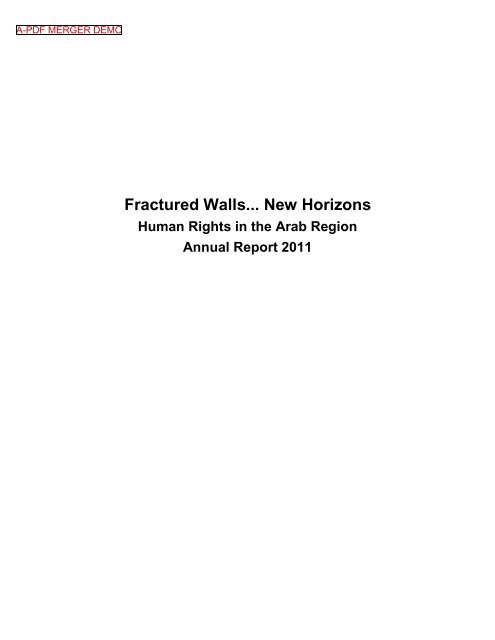


Making arrangements for his family, he disposed of his wealth and adopted an ascetic lifestyle. He underwent a spiritual crisis in 1095, likely suffering from clinical hysteria, abandoned his career and left Baghdad on the pretext of going on pilgrimage to Mecca. After bestowing upon him the titles of "Brilliance of the Religion" and "Eminence among the Religious Leaders," Nizam al-Mulk advanced al-Ghazali in July 1091 to the "most prestigious and most challenging" professorial at the time: in the Nizamiyya madrasa in Baghdad. After al-Juwayni's death in 1085, al-Ghazali departed from Nishapur and joined the court of Nizam al-Mulk, the powerful vizier of the Seljuq sultans, which was likely centered in Isfahan.

: 26–27 He later studied under al-Juwayni, the distinguished jurist and theologian and "the most outstanding Muslim scholar of his time," in Nishapur, perhaps after a period of study in Gurgan. Al-Ghazali's contemporary and first biographer, 'Abd al-Ghafir al-Farisi, records merely that al-Ghazali began to receive instruction in fiqh (Islamic jurisprudence) from Ahmad al-Radhakani, a local teacher and Abu ali Farmadi, a sufi from Tus. Ī posthumous tradition, the authenticity of which has been questioned in recent scholarship, is that his father, a man "of Persian descent," died in poverty and left the young al-Ghazali and his brother Ahmad to the care of a Sufi. While the Seljuk dynasty's influence grew, Abu Suleiman Dawud Chaghri Beg married his daughter, Arslan Khatun Khadija to caliph Al-Qa'im in 1056. This marked the start of Seljuk influence over Caliphate. He was born in Tabaran, a town in the district of Tus, Khorasan (now part of Iran), not long after Seljuks entered Baghdad and ended Shia Buyid Amir al-umaras. He was a Muslim scholar, law specialist, rationalist, and spiritualist of Persian descent. Modern estimates place it at AH 448 (1056/7), on the basis of certain statements in al-Ghazali's correspondence and autobiography. The believed date of al-Ghazali's birth, as given by Ibn al-Jawzi, is AH 450 (1058/9).
#Imam gazali ilm bila amal in arabic full
Abu Bakr ibn al-Arabi Ayn al-Quzat Hamadani, Al-Nawawi Ibn Tumart René Descartes Fakhruddin Razi Suyuti Maimonides Tan Malaka Thomas Aquinas Shah Waliullah Dehlawi David Hume Sayf al-Din al-Amidi Asad Mayhani Ali al-Qari Muhammad Ibn Yahya al-Janzi Īl-Ghazali ( UK: / æ l ˈ ɡ ɑː z ɑː l i/, US: / ˌ æ l ɡ ə ˈ z ɑː l i, - z æ l-/ full name أَبُو حَامِدٍ مُحَمَّدُ بْنُ مُحَمَّدٍ ٱلطُّوسِيُّ ٱلْغَزَالِيُّ or ٱلْغَزَّالِيُّ, Abū Ḥāmid Muḥammad ibn Muḥammad aṭ-Ṭūsiyy al-Ġaz(z)ālīy Latinized Algazelus or Algazel c.


 0 kommentar(er)
0 kommentar(er)
